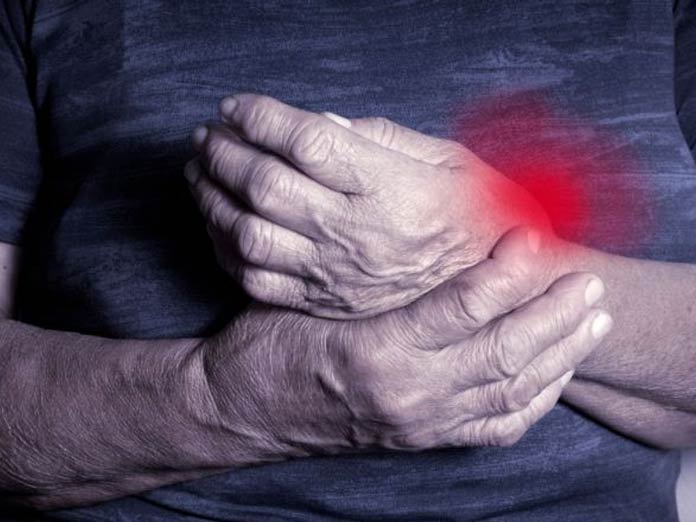Gene discovery may lead to new treatments for osteoarthritis

Scientists have uncovered 52 new genetic changes linked to osteoarthritis which they say may help develop new treatments for the disabling condition
London: Scientists have uncovered 52 new genetic changes linked to osteoarthritis which they say may help develop new treatments for the disabling condition.
An international team of scientists, including those from the University of Sheffield in the UK, analysed the genomes of over 77,000 people with osteoarthritis. The findings, published in the journal Nature Genetics, revealed new genes and biological pathways linked to osteoarthritis, which doubles the number of genetic regions associated with the disease. They could also help identify starting points for new medicines and highlight opportunities for existing medicines to be evaluated in osteoarthritis, researchers said. Osteoarthritis is a degenerative disease in which a person's joints become damaged, stop moving freely and become painful.
There is no disease-modifying treatment for osteoarthritis. The disease is managed with pain relief medications and often culminates in joint replacement surgery, which has variable outcomes. "Osteoarthritis is the leading cause of chronic disability worldwide and this study represents the largest genetic epidemiological study to date in our attempts to understand what makes one person more likely to develop the disease than another," said Mark Wilkinson, a professor at the University of Sheffield. "As well as looking at inherited factors that underpin disease susceptibility, we also looked at how genes link together to form pathways that underpin disease biology," Wilkinson said. "This helps us to identify key points towards which we could target the development of new treatments for the disease.
Here we show data to support the repurposing of existing treatments, some drugs that are already in development, and also novel avenues for drug exploration," he said. To uncover the genetics underpinning osteoarthritis, scientists analysed the whole genomes of over 77,000 people with osteoarthritis and over 370,000 healthy people. The team studied many different types of osteoarthritis, including in knee and hip joints. "Osteoarthritis is a very common, disabling disease with no cure," said Professor Eleftheria Zeggini, previously from the Wellcome Sanger Institute in the UK and now based at Helmholtz Zentrum Munchen in Germany. "We found over 50 new genetic changes that increase the risk of developing osteoarthritis.
This is a major step forward in developing treatments to help the millions of people suffering from the disease," Zeggini said. In order to discover which genes cause osteoarthritis, the team incorporated additional functional genomic data and analysed gene activity by measuring gene expression down to the protein level. The team integrated genetic and proteomic data on tissue taken from patients undergoing joint replacement surgery. By incorporating many different data sets, scientists were able to identify which genes were likely to be causal for osteoarthritis.
Ten of the genes were highlighted as targets of existing drugs, which are either in clinical development or approved for use against osteoarthritis and other diseases. These include the drugs INVOSSA, which is registered for knee osteoarthritis, and LCL-161, a drug in clinical development for the treatment of breast cancer, leukaemia and myeloma. The team suggest that the ten drugs highlighted would be good candidates for testing in osteoarthritis.














